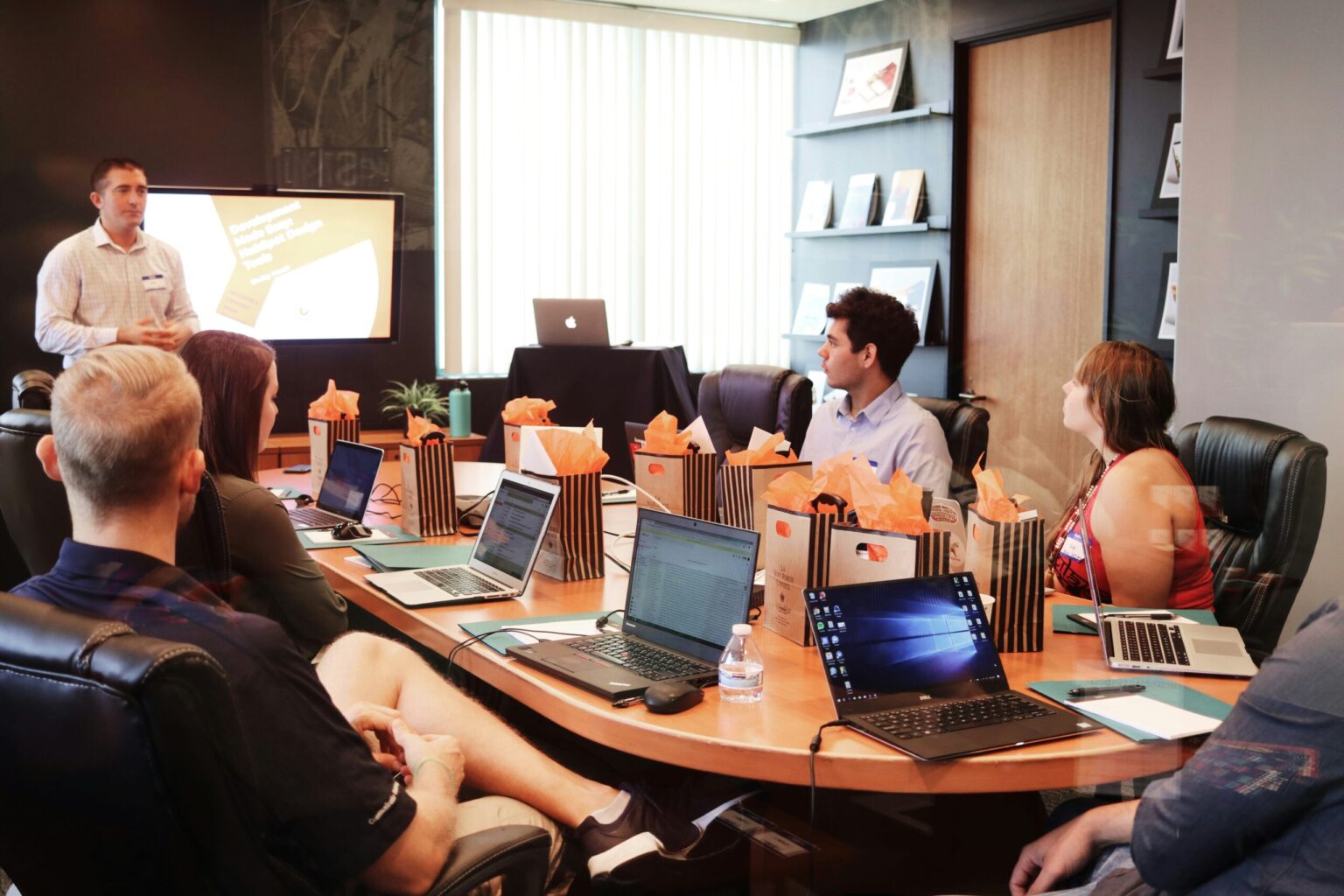Employee retention is one of the most important components of organisational success. High turnover not only disrupts workflows, but it also incurs significant costs, from recruitment expenses to productivity losses.
Human Resources (HR) plays a pivotal role in creating strategies to retain talent, fostering a workplace where employees feel valued and engaged.
Recruitment and Onboarding
Retention begins long before an employee signs their contract. HR teams are instrumental in hiring the right candidates, working to find people who align with the company’s culture and values.
By clearly communicating job expectations and organisational goals during recruitment, HR sets the stage for a productive and long-term relationship.
Onboarding is equally critical. A well-structured onboarding programme helps new hires integrate smoothly, understand their roles and feel connected to the company from day one. Furthermore, providing mentorship, training and clear communication during this phase establishes a sense of belonging that reduces early attrition.
Nurturing Employee Engagement
Employee engagement is a key driver of retrtention. HR departments need to focus on making employees feel motivated and connected to their work. A great way to monitor this is to put out regular surveys to gauge engagement levels and uncover areas for improvement.
Recognising achievements, celebrating milestones and offering opportunities for growth are also great ways to contribute to a positive work environment.
Work-life balance is another factor HR teams can address. Flexible working arrangements, such as remote options or adjustable hours, demonstrate that the company values employees’ personal lives. When workers feel supported, they’e more likely to remain committed to the organisation.
Career Development and Learning Opportunities
Stagnation is a common reason employees leave their roles. HR can counter this by facilitating career growth and development. Regular performance reviews, clear career pathways and access to training or upskilling programmes are essential, even merely in encouraging engagement.
Employees who see potential for advancement within the company are less likely to seek opportunities elsewhere.
A great way to go a step further is to incorporate personalised development plans. By aligning growth opportunities with individual career goals, HR fosters a sense of investment in each employee’s future, creating a mutual commitment.




